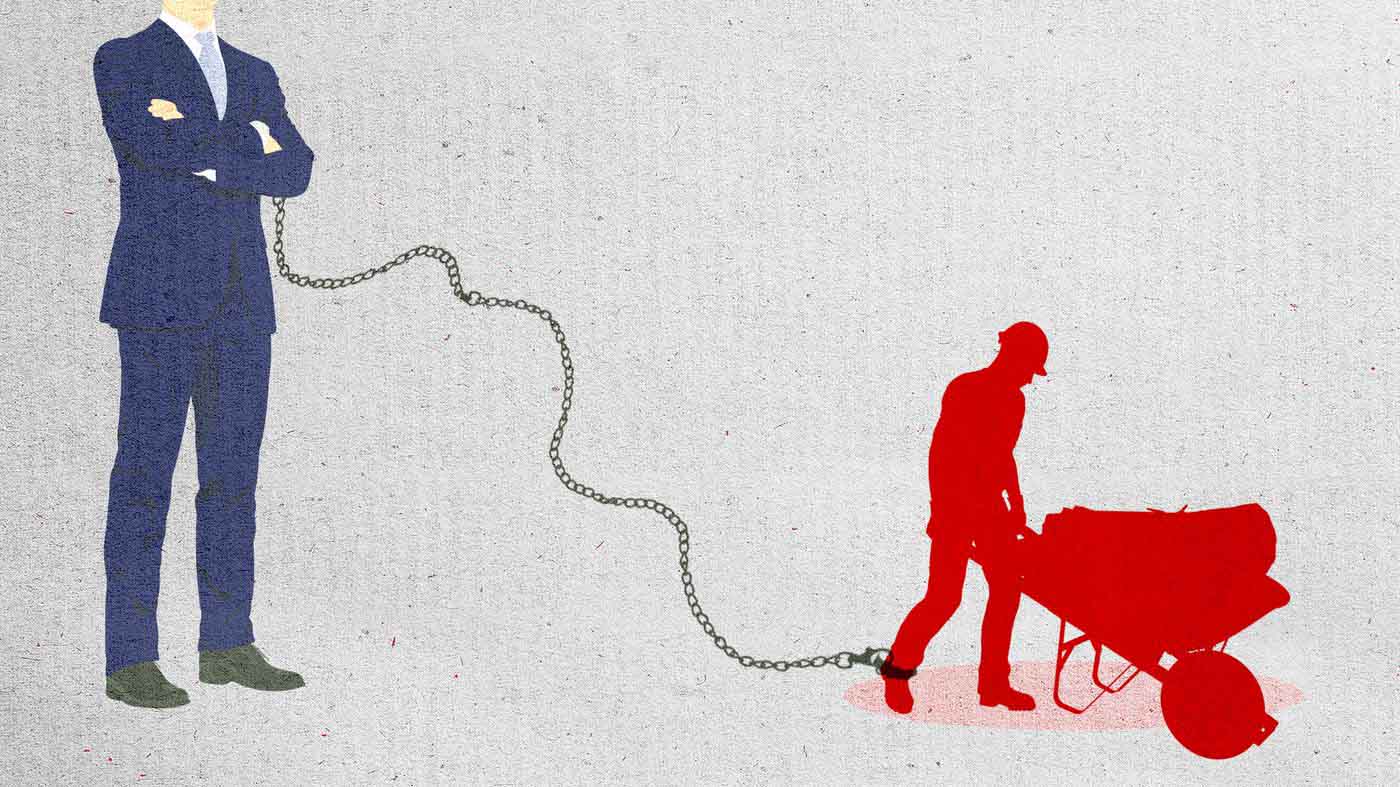A crisis affecting 50 million people around the world is coming into clearer view.
In July, the Australian Federal Police disclosed that reports of modern slavery in 2023-24 had increased 12 percent over the previous financial year.
The reports – 382 in total – included alleged incidents of human trafficking, forced marriage, forced labour, sexual exploitation, domestic servitude, deceptive recruitment and debt bondage.
The AFP Commander who announced the figures linked the rise in reported cases to “increased awareness of these crimes in the Australian community”.
Australia has an estimated 41,000 people living in conditions of modern slavery.
In other words, this is a largely invisible crisis.
Australia passed the Modern Slavery Act in 2018, requiring certain entities – large companies based or operating in Australia – to report on the risks of modern slavery within their operations and supply chains.
It was groundbreaking legislation, an important step towards addressing an under-recognised, global problem – although not the first: the UK led the way in 2015.
The National Action Plan to Combat Modern Slavery 2020–25 further revved up the Australian government’s commitment “to actively prevent and combat all forms of modern slavery, wherever it occurs”.
But a 2023 review found that the Act had not contributed to meaningful change for people living in modern slavery in Australia.
The establishment of an Australian Anti-Slavery Commissioner is meant to strengthen these efforts, with a focus on helping businesses address the risks of modern slavery practices as well as supporting victims and survivors.
It comes at a critical moment, because the cost of inaction is getting higher.
Around the world, an estimated 50 million people are living in modern slavery – in businesses and in private homes, and across a wide range of industries.
The growing demand by countries, corporations and consumers to ensure that what they buy, sell and produce is free of any links to modern slavery means that tackling the problem is not a choice – it’s a necessary part of doing business.
In the tangled web of connections that is globalisation, it’s a big challenge – even so-called green industries are not immune – but it’s possible. It starts with recognising it and calling it out.












